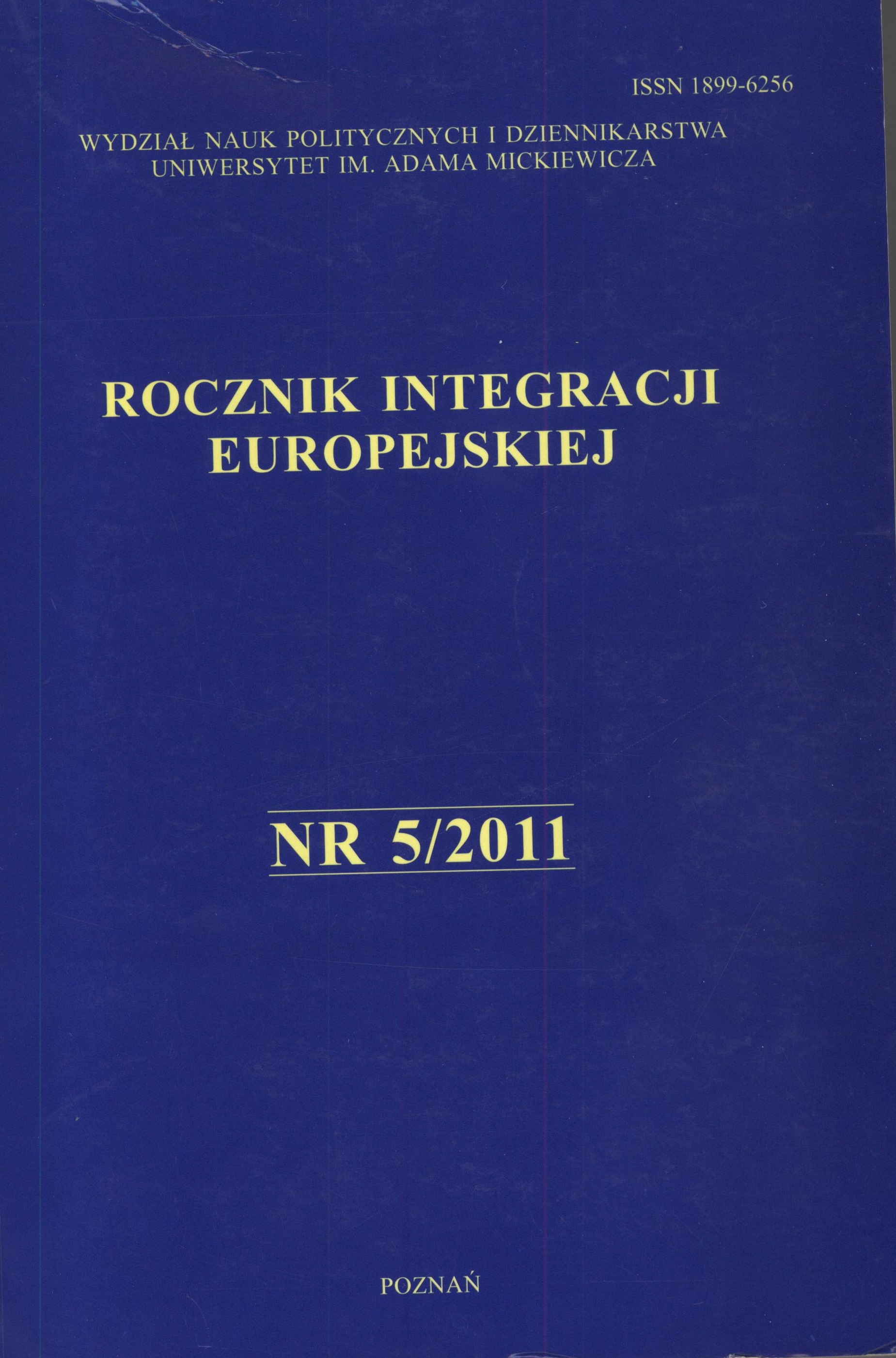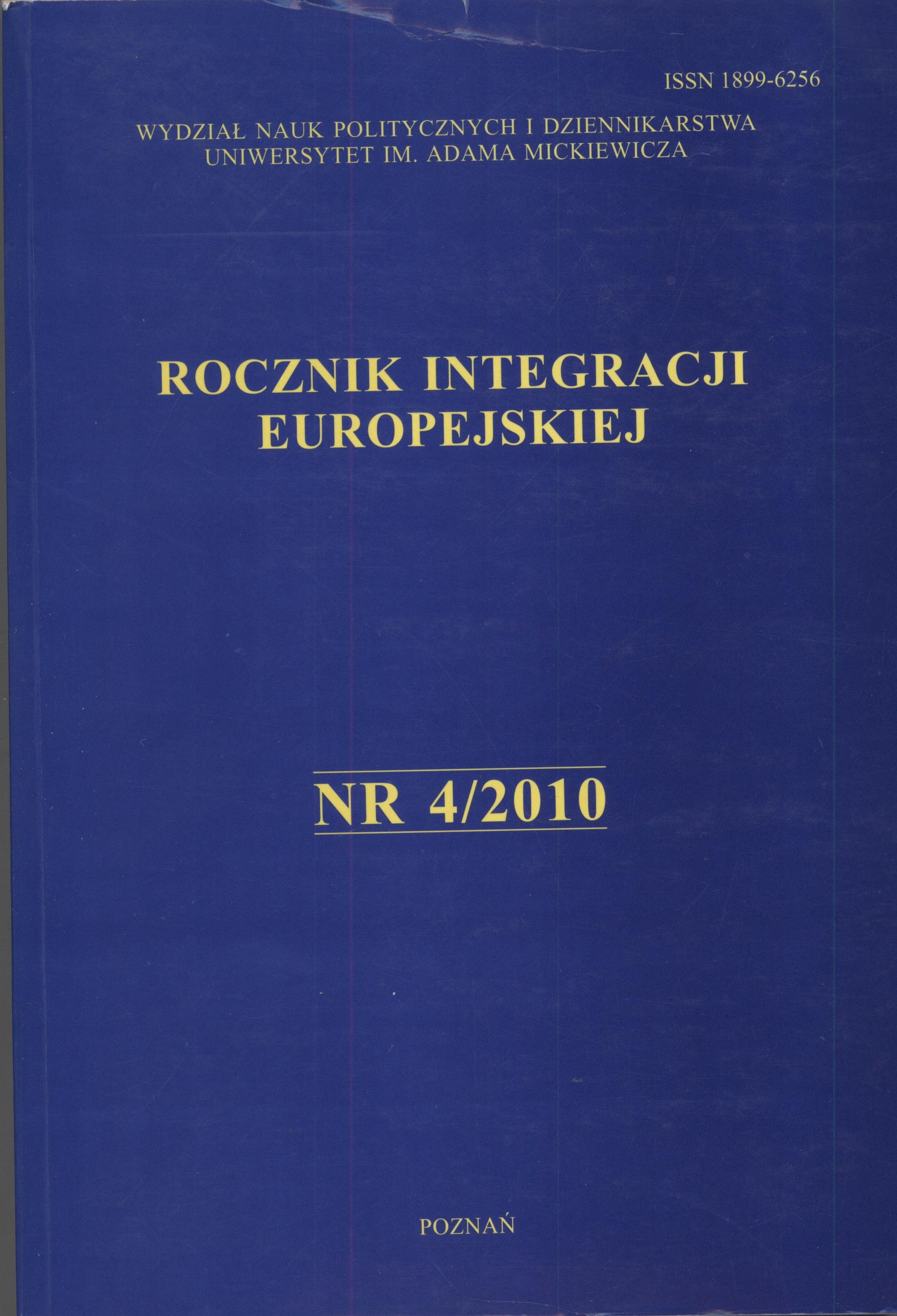
Unia Europejska w dwa lata od wejścia w życie Traktatu z Lizbony
After two years of the Treaty of Lisbon being in force, we are convinced that the generality of its regulations was a deliberate endeavor of the IGC 2007 members. It made it possible to accept the document and postpone the strategic but rather difficult decisions which should have been made during the meeting/conference. The main aim was to finish the EU treaty reform, which had lasted many years, and to give the organization a new basis to function well on. As developed during the IGC, and in the process of ratification, this document of institutional balance did not change too much and the status quo it worked out was a well-guarded compromise. If violated, it could disturb the structure of the EU.
More...
